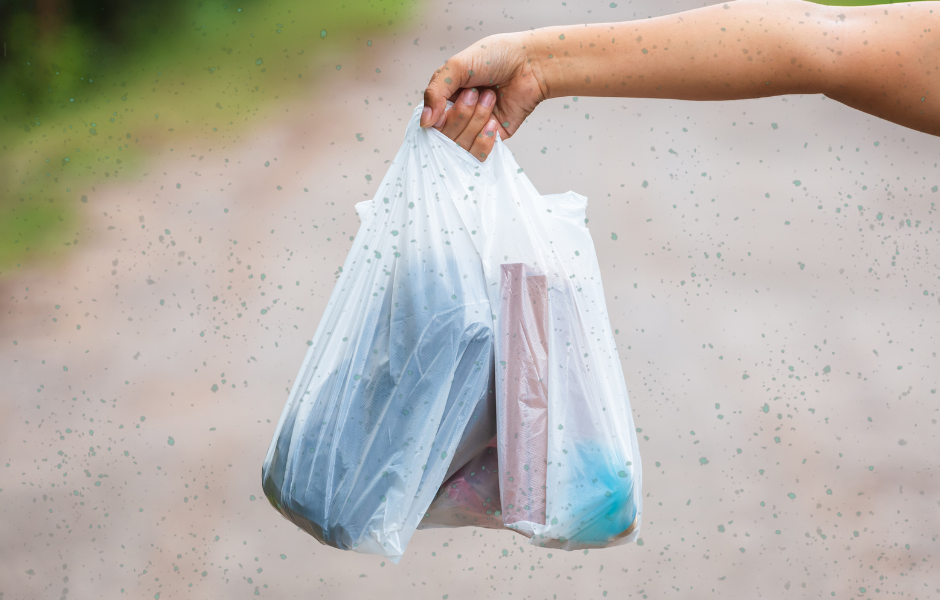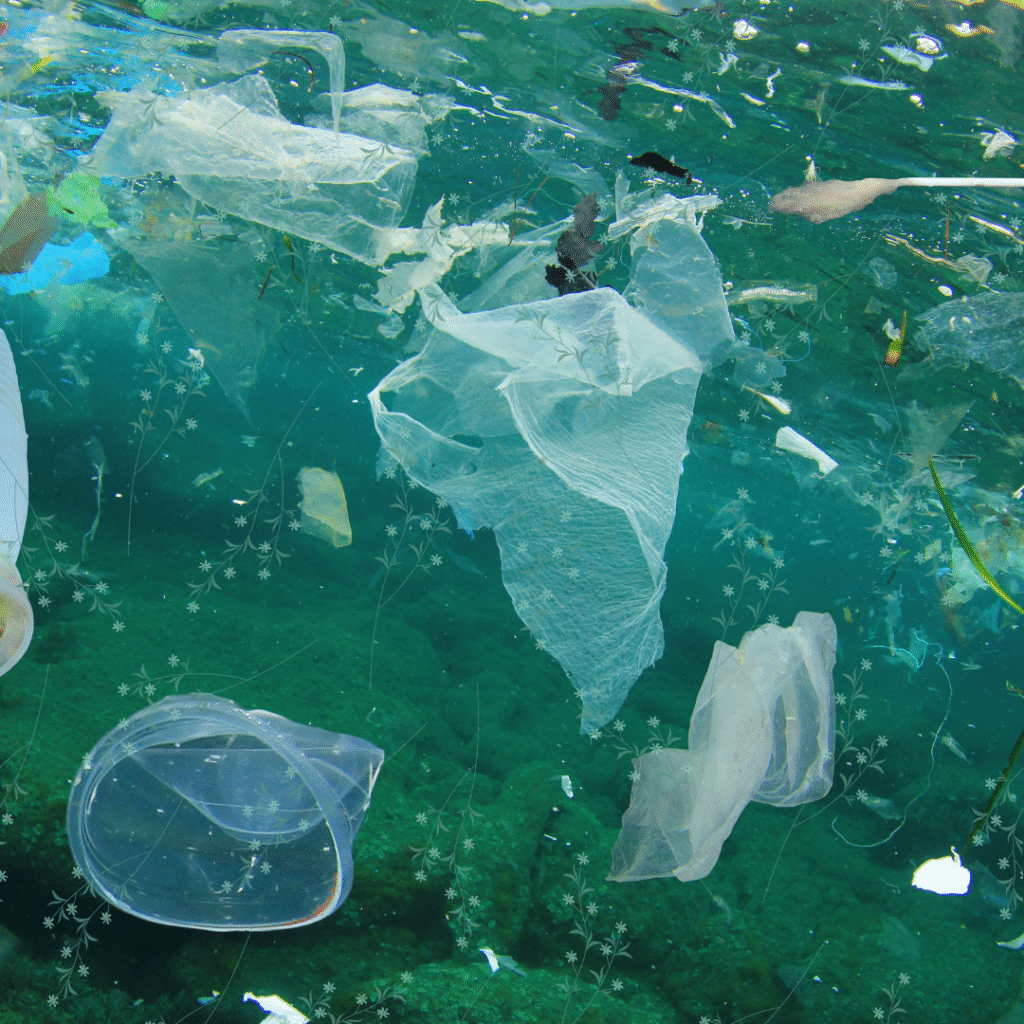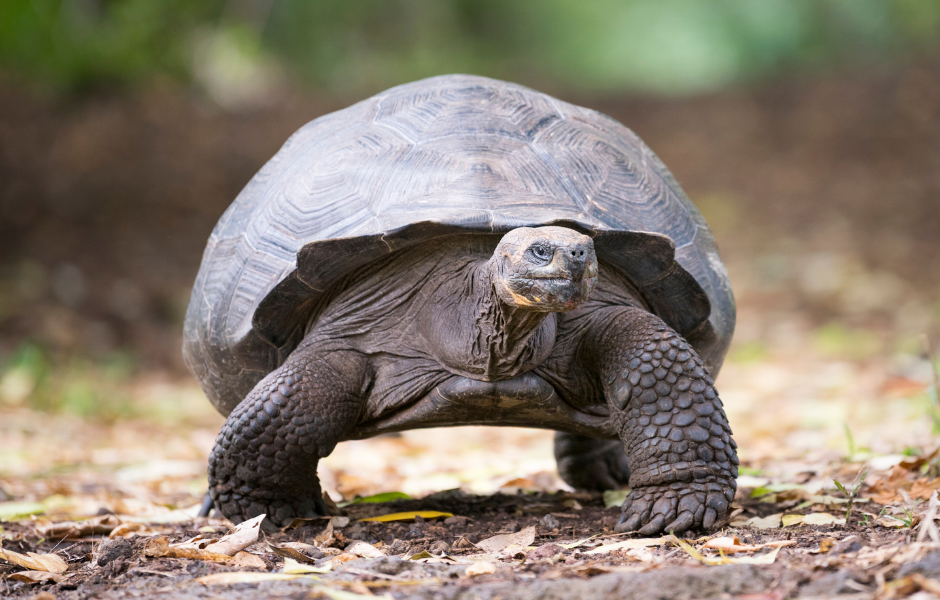
This children’s article, How plastic bag bans and fees are helping the environment, is for native English speakers and learners of English as a second or foreign language. It can help kids build vocabulary, practise reading and comprehension, and understand how everyday actions like shopping can affect the planet. Written by Sinead O’Carroll, an experienced writer and English teacher.
Plastic bags: big problem, small change
Plastic bags are used all over the world, but they cause big problems for the environment. These bags are very light, so they often blow into rivers, lakes, and oceans. They can harm birds, fish, and other animals that get tangled in them or mistake them for food.
Because of this, many countries have decided to do something about plastic bags. Some have banned them completely. Others have introduced a fee, which means shops must charge people for each plastic bag they use.
A small price that makes a big difference
If your family lives in a country with plastic bag laws, your parents might remember when the rules first changed. Supermarkets started charging just a few pence or cents for plastic bags, and many people were annoyed, but today, most people are used to it. Most even think it’s a good idea now.
Many shoppers bring their own bags from home instead of buying new ones.
So, have the plastic bag laws made a difference? Yes!
A recent study looked at information from over 45,000 litter clean-ups in the United States between 2016 and 2023. The results were clear: in places with plastic bag bans or fees, the number of bags found on the ground dropped by nearly half. That’s a big improvement and great news for the environment.
Bans, fees, and better habits
The study showed that full bans on single-use plastic bags worked well. Charging a small fee also helped, because it made people stop and think before grabbing a bag. However, rules that only banned some bags, or asked people to stop using them without a law, didn’t make much difference.
There was another important change too. In places with plastic bag bans or fees, fewer animals were found caught in plastic. The number of cases dropped by around a third. That’s a good sign that nature is being protected.
Changing a habit like using plastic bags might seem small, but it’s helping to clean up the planet one step at a time.Want to learn more? Read The Plastic Pollution Issues

Article vocabulary list
- Ban – a rule that says something is not allowed
- Fee – money you have to pay for something
- Litter – rubbish that has been thrown on the ground
- Disposable – made to be used once and then thrown away
- Tangled – twisted or stuck together in a messy way
- Habit – something you do often, usually without thinking
- Environment – the natural world, including air, water, and living things
Comprehension questions
Just click the plus (+) to see the answer
1. Why do many countries charge fees or ban plastic bags?
a) To make shops more money
b) To help protect the environment
c) To make bags more colourful
Answer: b) To help protect the environment
2. What do fees on plastic bags encourage people to do?
a) Use thicker disposable bags
b) Bring reusable bags
c) Stop shopping altogether
Answer: b) Bring reusable bags
3. Which type of law worked best to reduce plastic bag litter?
a) Full bans on single-use plastic bags
b) Partial bans
c) No laws at all
Answer: a) Full bans on single-use plastic bags
4. What other positive effect did the study find besides less litter?
a) More plastic bags were made
b) Fewer animals were found tangled in plastic
c) More people started using plastic bags
Answer: b) Fewer animals were found tangled in plastic
5. Why are partial bans less effective?
a) They allow some heavier plastic bags to be used
b) They make plastic bags free
c) They force people to use paper bags only
Answer: a) They allow some heavier plastic bags to be used
Sinead is a writer and EFL teacher with eight years’ experience. She’s a native English speaker who loves making news stories fun and easy to understand for children around the world. Her passions include travel, animals, and helping to make the world a kinder, more sustainable place.




